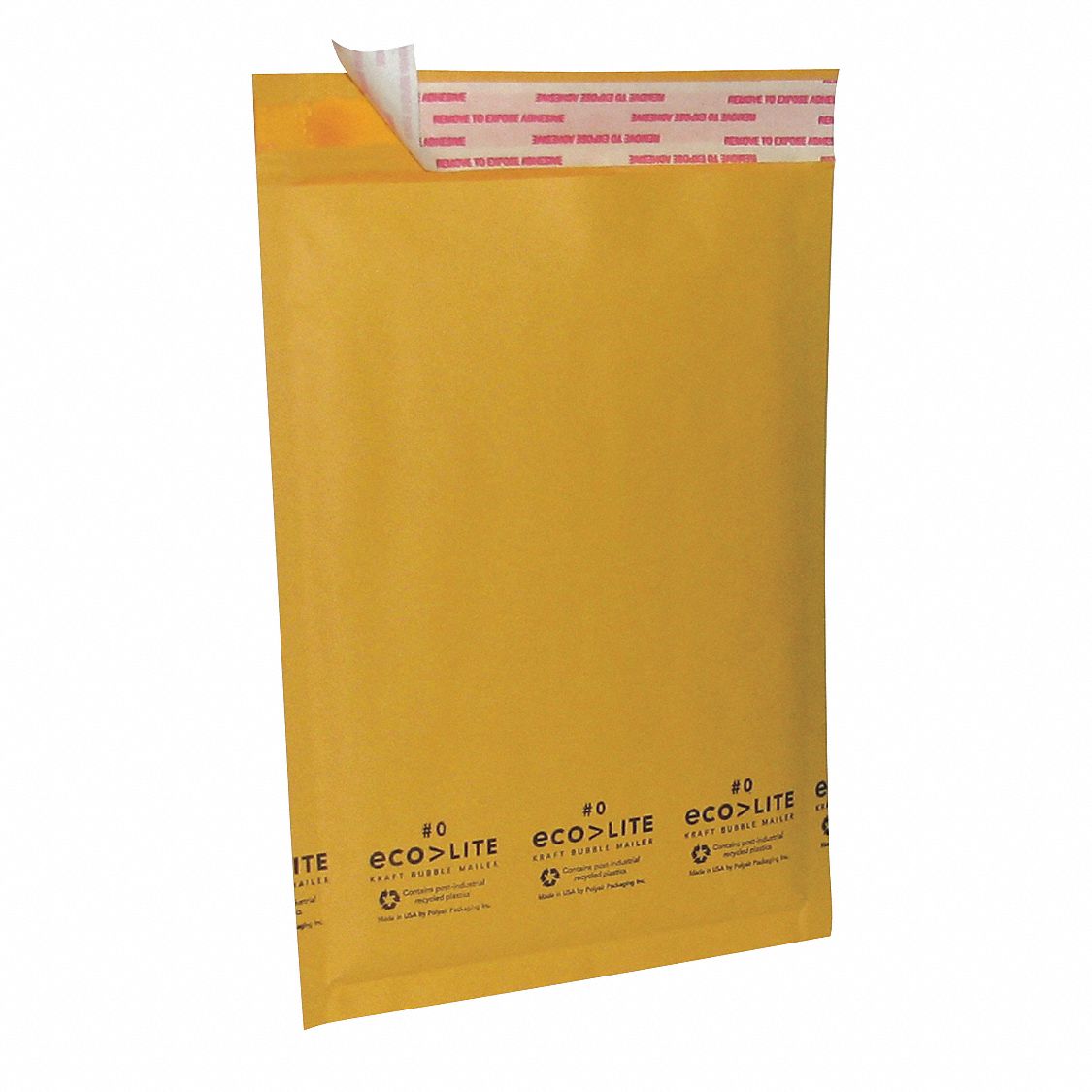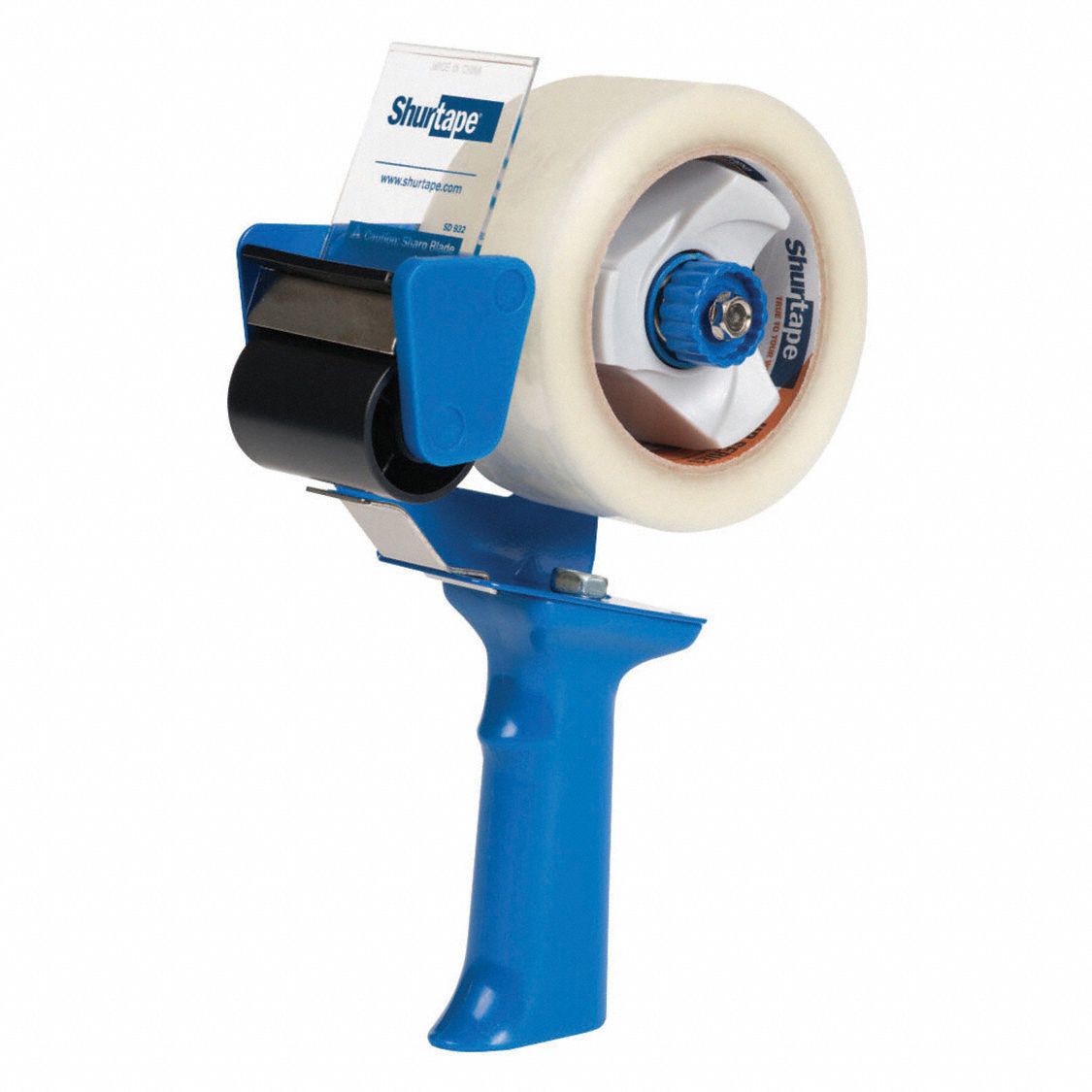

6 Interview Questions to Get the Right Person for Your Small Business
By Grainger Editorial Staff 1/18/22


For many small businesses, hiring is at the top of the to-do list for the foreseeable future.
In September 2021, a National Federation of Independent Business (NFIB) report found that nearly half of small business owners indicated they had job openings they were unable to fill. The U.S. Chamber of Commerce also stated that 49% of small businesses were finding it difficult to hire candidates with the right skills.
Instead of looking for specific job titles or qualifications on a résumé, small business owners may need to cast a wider net to satisfy employee demand. Hiring for attitude and soft skills and investing in training for specific hard skills may be the solution to the “not enough workers” dilemma.
As recruiting solutions platform Recruiter.com describes, the best interview questions are ones that give insight into how someone works, the value they’ll bring and their personality. Since an in-person interview only typically lasts between 45 and 90 minutes, according to Indeed.com, it is essential to make the most of the time you have with each applicant.
How do you do this?
Start by asking questions that give you the chance to get to know a candidate, assess their abilities and determine how they’ll fit with the rest of the team.
It’s important to keep in mind that every interview serves two purposes: helping your company find the right person for a job and helping candidates evaluate your company and the job opportunity. Your candidate has the chance to explain their value, and you have the chance to describe how important the position is, how much their contributions will matter, and the benefits of working for your company.
While some interview questions may depend on the type of role, others apply to any situation. These questions can help gauge passion, drive, ethics, mindset and communication — traits that aren’t readily apparent in cover letters, applications or résumés.
Try asking these six questions to help your small business win big and find the right person for the job.
1. Can you describe a stressful work situation and how you managed it?
Nearly all types of jobs generate stress, whether it’s caused by deadlines, coworker conflict, workload, or something else. Asking this question tells you how the candidate handles stress and whether they can work through it.
Does stress motivate or encumber them? Are they able to see a stressful project through to the end? Are they flexible and willing to come up with new approaches in tension-filled situations?
2. What did you like about your most recent job, and what do you want to do differently in a new job?
Giving the applicant a chance to reflect on recent work experiences can tell you many things.
According to First Round Review, one online startup co-founder sees two types of responses when asking these types of questions. He says that candidates usually run toward an opportunity or away from a challenge. Does the conversation lead to negative talk about an employer — or does it act as a launching pad to share what they’re most excited about when it comes to working for your company?
The candidate’s responses offer insight not only into their mindset and how they handle obstacles but also into their future goals and motivations. Based on what they like most, you’ll be able to determine whether they’ll enjoy and be driven by the work required for the role.
3. Tell me about a time you’ve delivered bad news. How did you prepare, and what was the result?
The response to this question isn’t so much about the bad news or what caused it. Instead, you’re looking for someone who is proactive and takes the initiative in tough situations.
Did they have a plan to deliver the news? Did they relay the news in person or via email? Did they show compassion and listen to reactions and concerns? Did they follow up with a plan to turn things around or suggest steps that could be taken to address a problem? Did they take action to make sure those steps were followed?
4. Tell me about a time you failed to reach a goal or complete a project. What happened, and why were you unsuccessful?
Everyone experiences professional failure; perfection should never be the expectation. What’s important is whether the person involved is willing to learn from and talk about it. Asking this question helps discover how a candidate recovers from mistakes and evaluates their humility and self-awareness.
Do they take ownership or criticize others as they describe the situation? Did the applicant receive a valuable lesson they later applied in future work?
5. What type of impact did you make at your most recent job?
Find out what this applicant was able to do for a former employer that wouldn’t have been possible without them. This information can tell you a lot about their capabilities and what matters most to them.
Maybe their job was to stock shelves, but did they notice a problem and offer suggestions for improvement? Did they find a way to reduce costs or streamline manual work to make a process faster and less cumbersome?
6. What do you know about our company?
While you shouldn’t necessarily expect candidates to recite your core values and mission statement, asking this question quickly tells you how well they prepare and research. Their answers reveal whether they’ve spent time learning about your company. If they did, it likely indicates the level of care and attention they’ll put into their daily tasks and responsibilities.
Once you’ve asked the candidate these questions, the next step is deciding whether you see them as a positive contributor to your company based on how they responded. If so, you’re well on your way to hiring someone who’s a good fit and will make a valuable impact.
The information contained in this article is intended for general information purposes only and is based on information available as of the initial date of publication. No representation is made that the information or references are complete or remain current. This article is not a substitute for review of current applicable government regulations, industry standards, or other standards specific to your business and/or activities and should not be construed as legal advice or opinion. Readers with specific questions should refer to the applicable standards or consult with an attorney.










